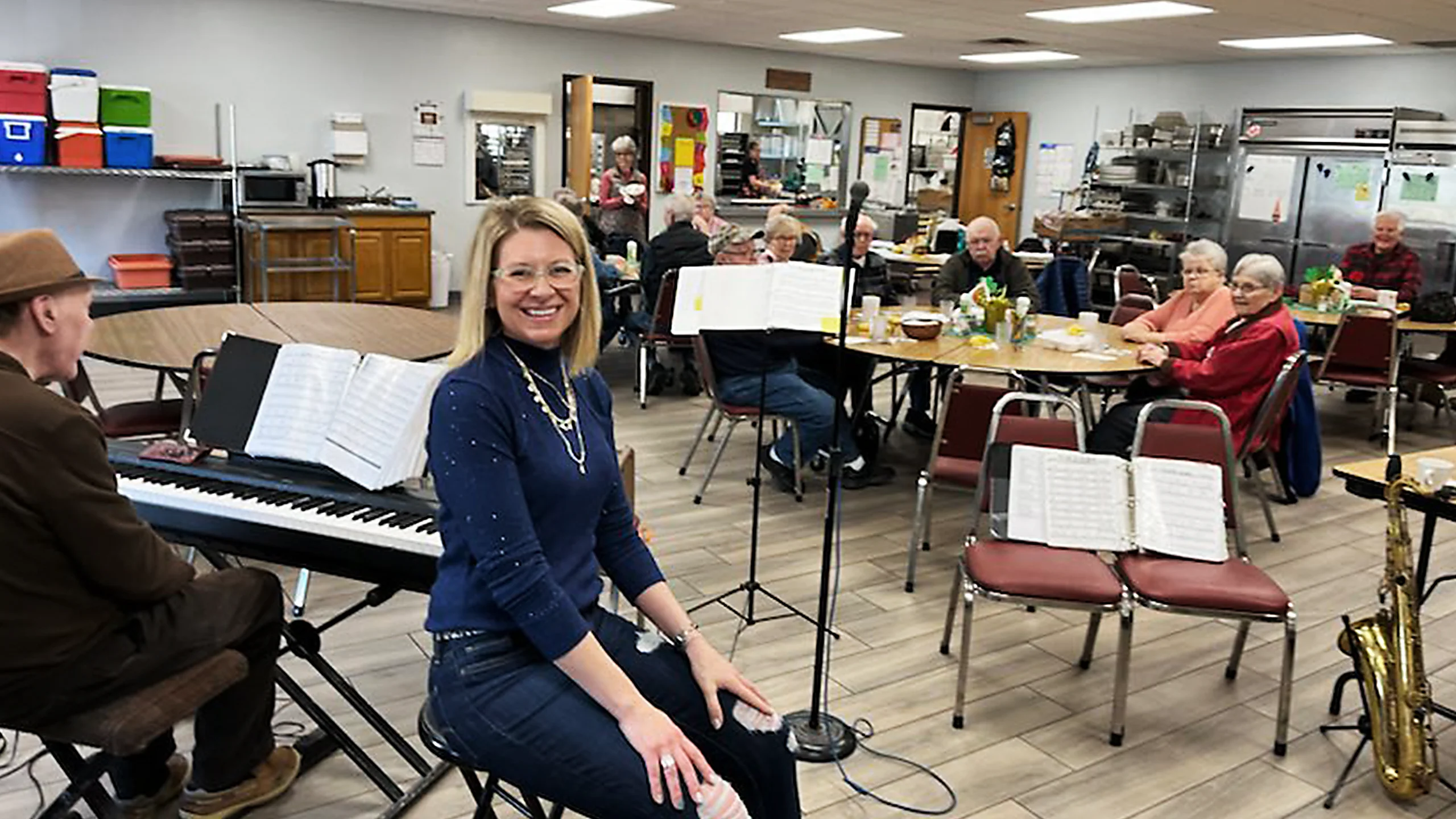Music, with its captivating melodies and rhythmic patterns, has always held a special place in human culture. Beyond its entertainment value, music possesses a remarkable ability to evoke memories and emotions. This phenomenon has sparked curiosity among scientists and researchers, leading to numerous studies exploring the profound impact of music on memory. In this blog post, we delve into the fascinating relationship between music and memory, uncovering its implications for cognitive function and overall well-being.
The Impact of Music on Memory
Numerous studies have demonstrated the powerful influence of music on memory recall and retention. One key aspect is how music engages multiple regions of the brain simultaneously, including areas associated with memory, emotion, and auditory processing. When we listen to music, our brains form connections between the sound patterns and existing memories, creating a unique neural network that enhances memory consolidation.
The Role of Emotion

Emotion plays a pivotal role in the music-memory connection. Certain songs or melodies can trigger strong emotional responses, which in turn facilitate the retrieval of associated memories. Whether it’s a song that is played during a significant life event or a piece of music linked to a particular place or person, the emotional resonance amplifies the memory recall process. This phenomenon is often referred to as “emotional memory,” wherein emotional arousal enhances the encoding and retrieval of memories.
Music Therapy and Cognitive Function
The therapeutic potential of music extends beyond mere entertainment. Music therapy, a practice that utilizes music to address various physical, emotional, and cognitive needs, has gained recognition for its effectiveness in improving memory and cognitive function. In clinical settings, music therapy interventions are employed to support individuals with cognitive impairments, such as Dementia and Alzheimer’s disease. Research suggests that listening to familiar music can evoke memories and temporarily alleviate symptoms of cognitive decline, offering comfort and enhancing overall quality of life.
The Mozart Effect
The “Mozart Effect” refers to the idea that listening to Mozart’s music can temporarily boost cognitive abilities, including spatial reasoning and memory. While the concept has faced scrutiny and debate over the years, studies have shown that exposure to music, particularly classical compositions, can have a positive impact on cognitive performance. Whether it’s Mozart, Beethoven, or Bach, the intricate melodies and harmonies stimulate the brain in ways that promote cognitive engagement and memory enhancement.
Practical Applications
The understanding of music’s influence on memory has practical implications for various aspects of everyday life. Students can leverage music as a study aid, selecting instrumental tracks or ambient music to enhance focus and retention while studying. In workplaces, background music can create a conducive environment for productivity and creativity. Additionally, incorporating music into memory-related activities, such as mnemonic devices or musical mnemonics, can improve learning outcomes and information retention.
Conclusion
In conclusion, the relationship between music and memory is a rich and complex interplay that continues to intrigue researchers and enthusiasts alike. From its ability to evoke nostalgia to its therapeutic potential in cognitive rehabilitation, music serves as a powerful catalyst for memory formation and retrieval. By understanding the mechanisms underlying this connection, we can harness the transformative power of music to enhance our cognitive abilities, enrich our lives, and preserve cherished memories for generations to come.
If you would like to learn more about music and boosting senior wellness with singing, click the link below to be taken to another article that talks about exactly that!
Boosting Senior Wellness with Singing – HeartString Harmonies




Leave A Comment